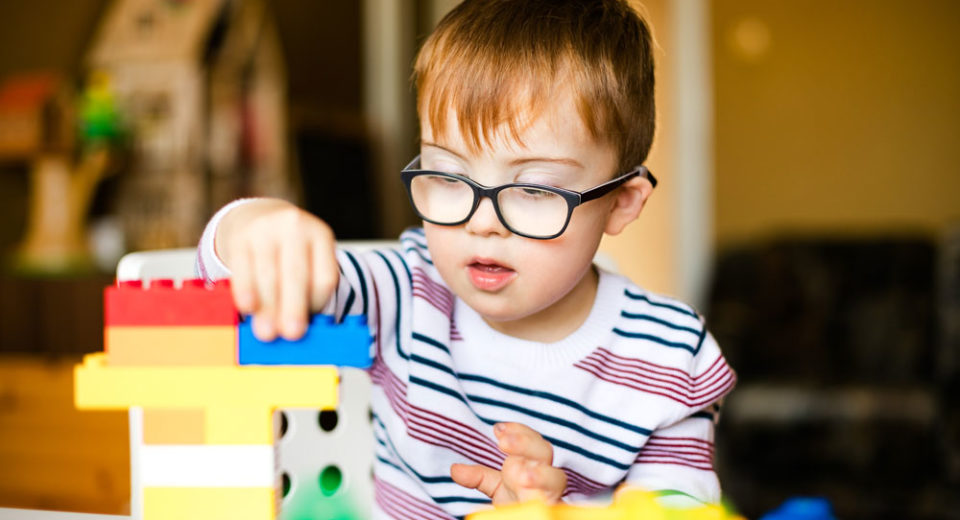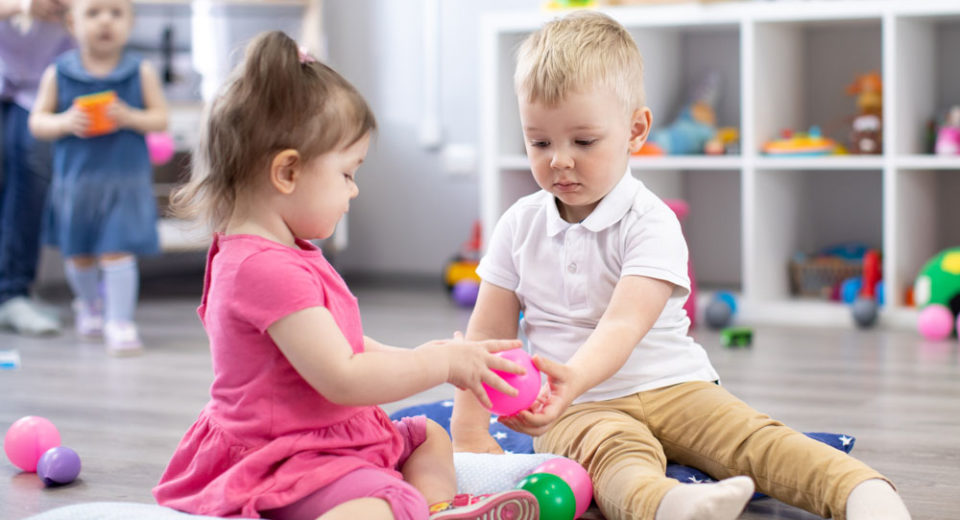Sensory Development
As in all other areas of cognition, the first five years of life are a time of rapid development for sight, sound, taste, touch, and smell. In the first six months of an infant’s life, they will be able to recognize the scent of their mother’s breast milk and will develop mature hearing as they are […]











